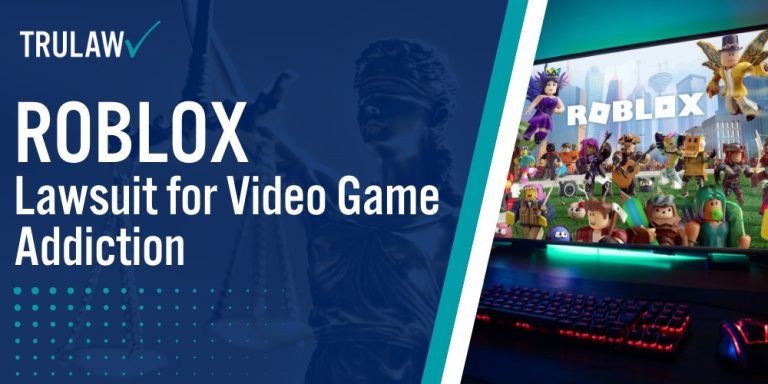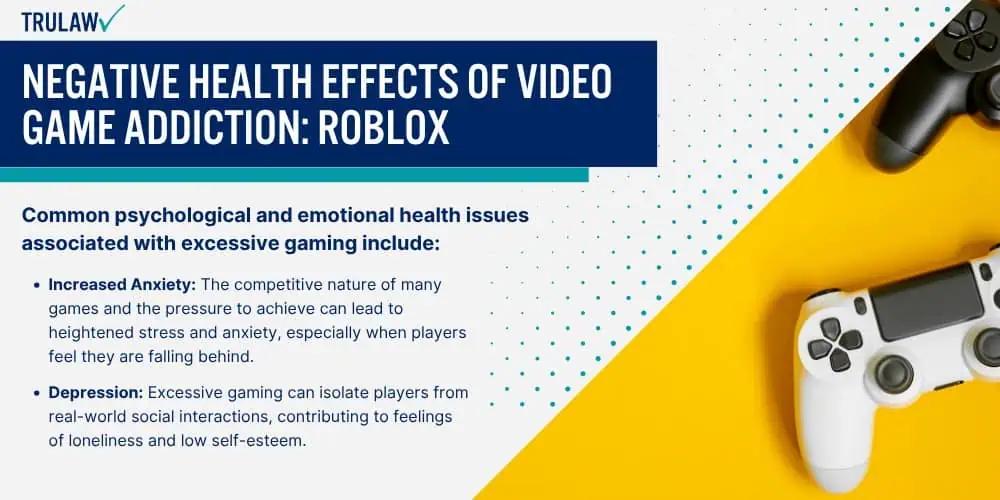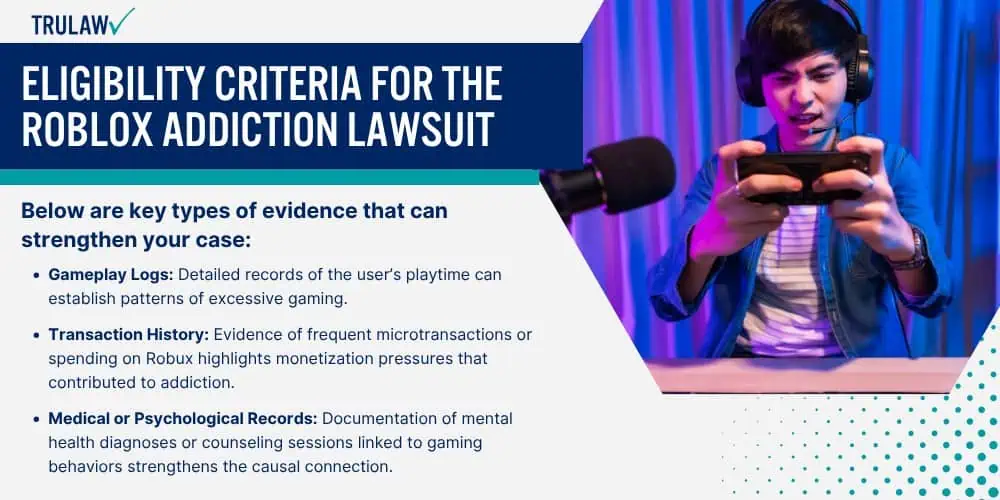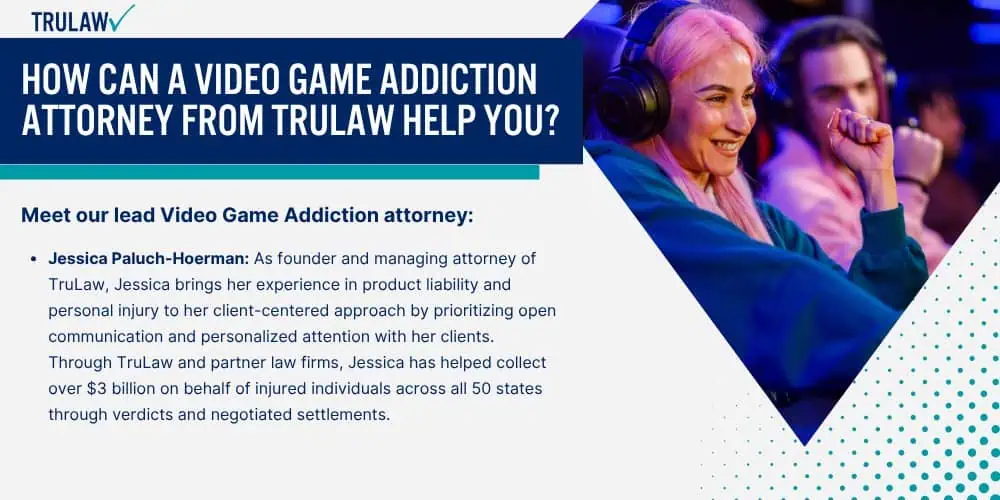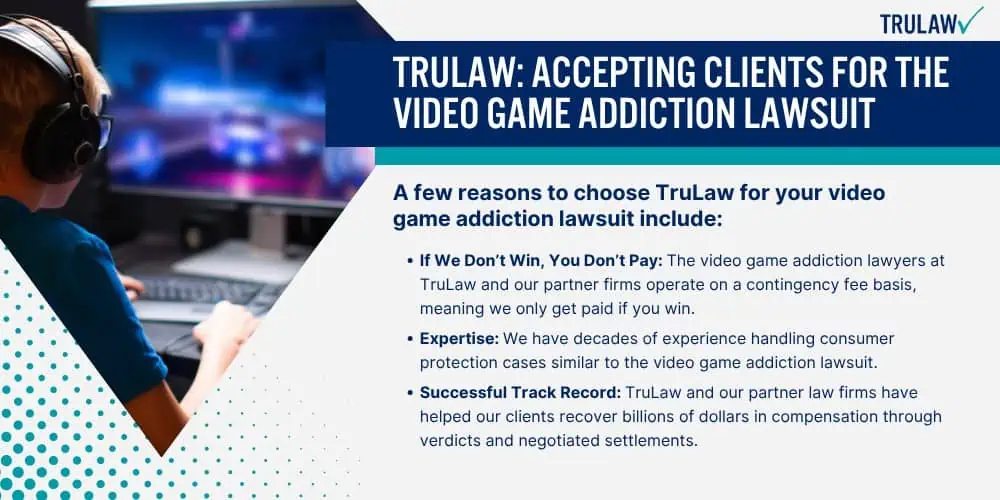Roblox, a widely popular online gaming platform, has become a focal point for discussions about the ethics of game design and its impact on young players.
With millions of daily active users, many of whom are children, the platform employs techniques that may encourage excessive gaming behaviors.
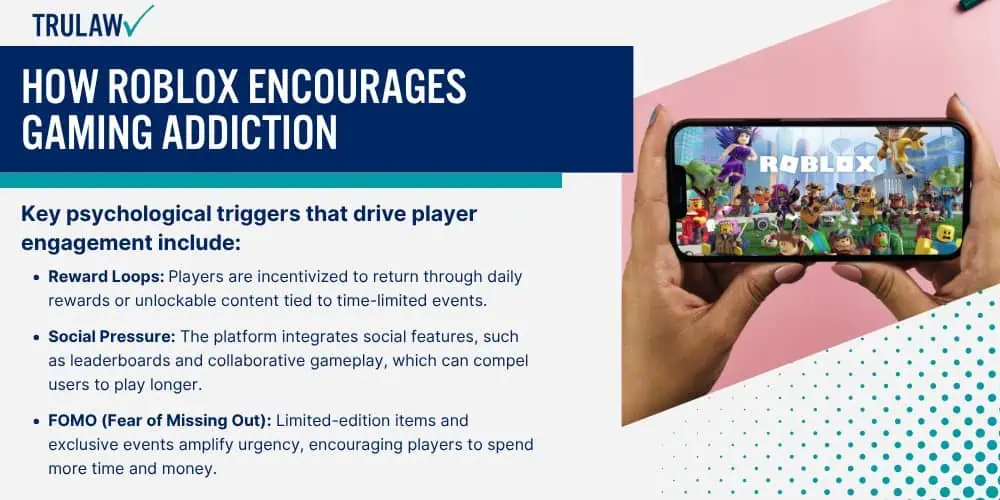
The integration of psychological triggers, virtual currencies like Robux, and the strategic design of microtransactions raises questions about the potential for gaming addiction and its implications for consumer protection.
Psychological Triggers in Game Design and Player Engagement
Roblox’s design leverages psychological triggers to maintain player engagement, creating a cycle that can lead to compulsive gaming behaviors.
Key psychological triggers that drive player engagement include:
- Reward Loops: Players are incentivized to return through daily rewards or unlockable content tied to time-limited events.
- Social Pressure: The platform integrates social features, such as leaderboards and collaborative gameplay, which can compel users to play longer.
- FOMO (Fear of Missing Out): Limited-edition items and exclusive events amplify urgency, encouraging players to spend more time and money.
- Progression Metrics: Players are motivated to “level up” or achieve in-game milestones, which often require significant time investment.
These elements work together to create an immersive experience that is difficult to step away from, raising concerns about the well-being of young users.
The Influence of Virtual Items, Microtransactions, and Robux Currency
Roblox relies heavily on the sale of virtual items and the use of its proprietary currency, Robux, to generate revenue.
While these features add a layer of personalization and interactivity, they also contribute to problematic spending and gameplay patterns.
Specific ways that virtual items and microtransactions influence player behavior include:
- Microtransactions: Many games on the Roblox platform incorporate small, frequent purchases that incentivize users to spend Robux to unlock items or abilities in a way similar to gambling.
- Virtual Scarcity: The illusion of rarity in digital items increases their perceived value and encourages impulsive buying.
- Pay-to-Win Models: Some games subtly (or overtly) reward those who spend more money with gameplay advantages, creating inequity and fostering frustration.
- Subscription Services: Roblox Premium offers additional Robux benefits, nudging users into recurring financial commitments.
These monetization strategies may conflict with state consumer protection laws designed to protect children from exploitative practices.
Legal Concerns: Deceptive Advertising and Consumer Protection
The practices employed by Roblox have raised questions about whether they align with California’s Unfair Competition Law and similar state consumer protection laws across the U.S.
Legal concerns tied to Roblox’s gaming practices include:
- Protecting Children: These laws aim to shield vulnerable populations, particularly minors, from deceptive commercial advertising and practices that exploit their inexperience.
- Attorney Advertising: Legal campaigns against gaming platforms often highlight the systemic issues affecting children and families.
- Potential Violations: Critics argue that Roblox’s methods may constitute deceptive commercial advertising by downplaying the risks of addiction or overspending.
Lawyers and advocacy groups are increasingly scrutinizing the ethicality of these practices, emphasizing the need for stricter regulation to ensure companies like Roblox comply with state consumer protection laws.
